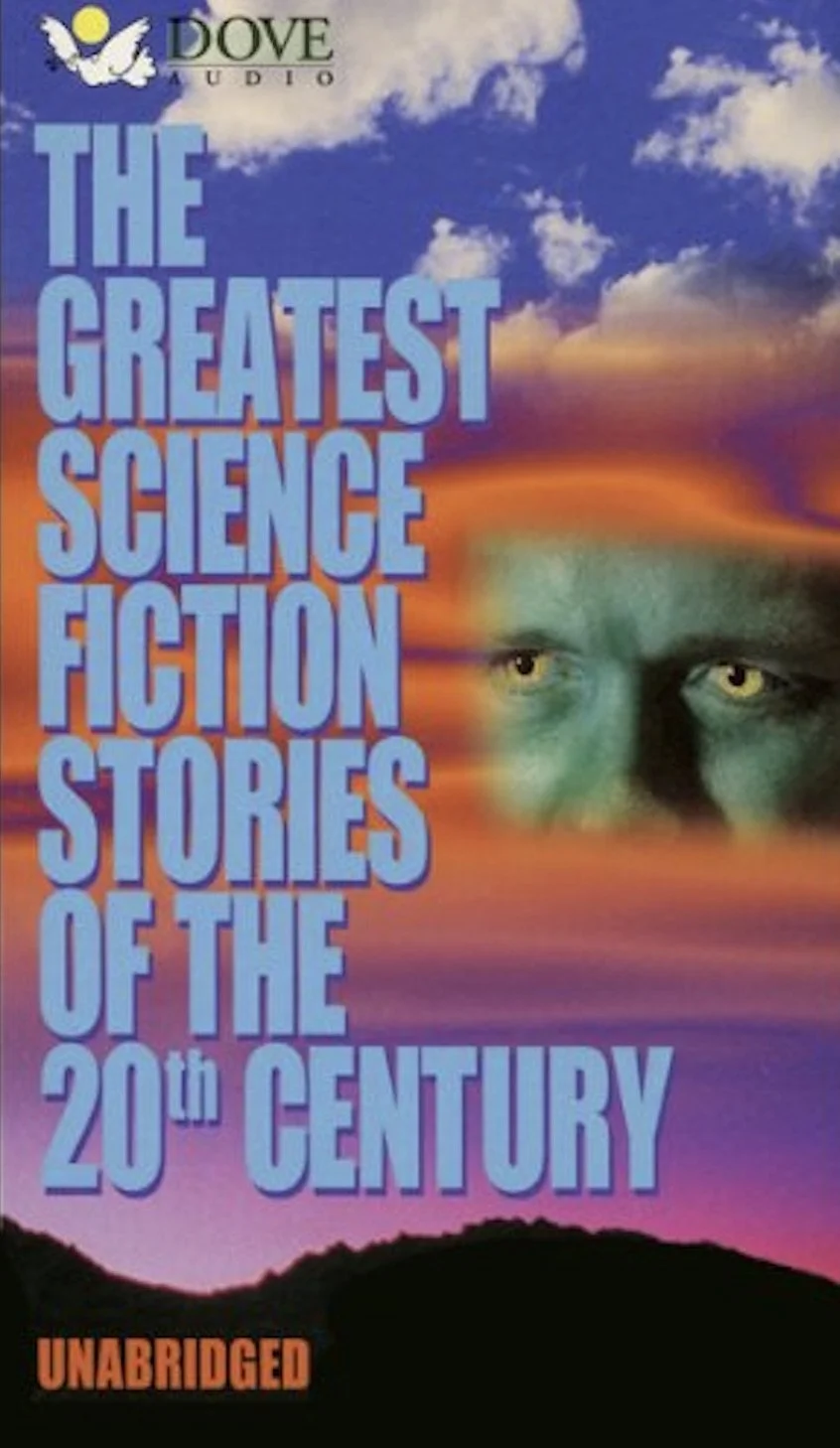Fast Forward Japan: Stories from the Founder of Japanese Science Fiction. by Juza Unno. 2021.
FAST FORWARD JAPAN
RATED 78% POSITIVE. STORY SCORE 3.8 OF 5
9 STORIES : 2 GREAT / 4 GOOD / 2 AVERAGE / 1 POOR / 0 DNF
A foundational myth of literary science fiction suggests a direct lineage from early icons like Wells, Shelley, and Verne, through pulp fiction, to magazine writers like Asimov, Heinlein, and Clarke. In contemporary times, however, many science fiction enthusiasts first encounter the genre through other media such as films, TV shows, comics, predominantly in forms like manga, anime, kaiju, and video games, largely originating from Japan.
Emulating travel writer Paul Theroux's practice of reading region-specific literature during his travels, I recently explored a collection of early Japanese science fiction works by Jūza Unno during my visit to Japan.
Unno Jūza (1897-1949), also known as Shōichi Sano, was a pioneering Japanese science fiction author. He was a graduate in electrical engineering and began his writing career with detective stories, which often incorporated scientific themes. Unno was most active in the 1930s, writing stories that sometimes satirized Japan's militaristic culture and expansionism. During World War II, he was co-opted into writing science fiction propaganda for Japan. His post-war works reflected a more optimistic vision of the future. Despite his prolific output, few of his works were collected during his lifetime. He profoundly influenced later Japanese science fiction writers. For more detailed information, you can visit the Science Fiction Encyclopedia.
The book contained many surprises both in the freshness of the stories and the gentle quaintness of the writing style. Most of the stories are written as if an old man is talking directly to you. I found it pleasant, but initially offputting. I could see other people hating it.
Notes: I had difficult finding original publication dates for a few of the stories. Also, I had trouble finding information about the translator. A bit in the ackowledgements, plus the occasional style of the language, leads me to suspect this was (at least somewhat) translated by A.I.*
*I received an email response from J.D. Wisgo, head of Arigatai Books and translator/publisher on May 19, 2024
I wanted to make it very clear that I have used absolutely no AI machine translation or content generation tools, including ChatGPT or the like. This applies to all my translations, but specifically for this book I spent a huge number of iterations translating/editing, roughly 20-30 iterations for each story.
I am human and it is possible that some unnatural text persisted despite my best efforts, but I promise you that this was the result of human error, not a computer mistake.
Two Stories Make the All-Time Best List:
Adventures of the Dinosaur-Craft. (1948). A cute kids story about two children who buy a very cheap submarine. They modify it to look like a dinosaur and go around scaring other boats. Of course, this backfires in a charming way.
Eighteen O’Clock Music Bath. (1937). Japan’s first dystopian story and precognition of that country’s increasing militarism. The people are controlled and dehumanized by a daily ‘music bath’ in which the rhythms and notes inspire loyalty and hard work. There are also political machinations, sexy androids, suicide bombers, and the idea of transgenderism as anti-fascist rebellion.
FAST FORWARD JAPAN
9 STORIES : 2 GREAT / 6 GOOD / 2 AVERAGE / 1 POOR / 0 DNF
Four-Dimensional Man (1940)
Good. A man walking through a park discovers that he can interact with other walkers but they cannot see him.
The World in One Thousand Years. (1939)
Good. Quaint little story of a man who awakens after 1000 years in cryogenic sleep. Not much innovative here, but pleasant experience.
The Theory of Planetary Colonization. (1932)
Average. A beautiful woman is send to interview a scientist who has thought out how best to colonize the solar system. Plus, a super sketchy idea of how to populate it.
Mysterious Spatial Rift. (1935)
Poor. A man keeps dreaming of committing a murder. A judge explains what is really happening in such a bland and straightforward way that I suspected this entire book was written by A.I. I had to stop reading and do research to confirm that Unno was a real person. He was.
The Living Intestine. (1939)
Good. Weird story about a man who steals a living intestine from a lab and then raises it like a pet.
The Last Broadcast
Good. A scientist gets a broadcast alerting him to the fact that the earth will be destroyed in ten minutes. Nice twist on this one.
Adventures of the Dinosaur-Craft. (1948)
Great. A cute kids story about two children who buy a very cheap submarine. They modify it to look like a dinosaur and go around scaring other boats. Of course, this backfires in a charming way.
Crematoria.
Average. A man sees an old friend who he believed to be long dead, but the real adventure doesn’’t start until that friend drugs him and sets him up to be cremated alive.
Eighteen O’Clock Music Bath. (1937)
Great. First Japanese dystopian story and precognition of that country’s increasing militarism. The people are controlled and dehumanized by a daily ‘music bath’ in which the rhythms and notes inspire loyalty and hard work. There are also political machinations, sexy androids, suicide bombers, and the idea of transgenderism as anti-fascist rebellion.


